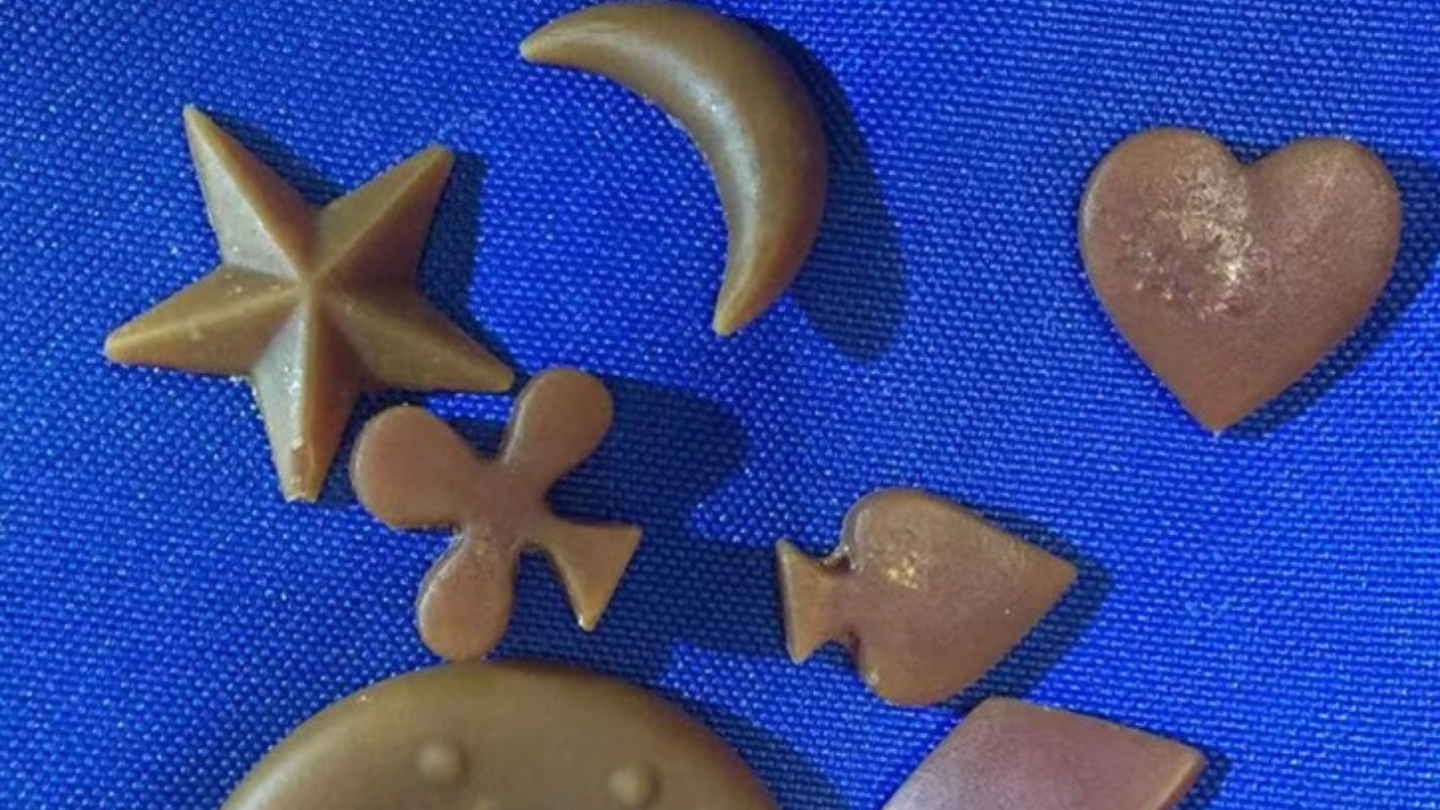The time may be coming to wash our hands of plastic trash. Literally.
About 60 percent of all plastic ever made ends up in landfills or littering the environment. Only about one-tenth of plastic waste is ever recycled, and much of that ends up being low-quality material reused in things like park benches (SN: 1/27/21). So chemists are searching for ways to “upcycle” plastic into more valuable raw materials.
Now, there’s a way to turn old plastic into surfactants, researchers report in the Aug. 10 Science. Surfactants make up the key ingredients in dozens of products like lubricants, ski wax, detergents and soap.
“To me, plastic waste basically [is] aboveground crude oil,” says chemist Guoliang Liu of Viginia Tech in Blacksburg. “We don’t have to go deep into the ocean or underground to mine [it] anymore” to make valuable chemicals.
Surfactants and the two most used kinds of plastic, polyethylene and polypropylene, are made of molecular chains of carbon atoms. But surfactants’ chains are far shorter than those of plastics and are capped with groups of water-attracting atoms.
To turn plastic into surfactants, Liu and colleagues developed a special reactor that carefully heats and condenses plastic into a wax with short carbon chains. By capping the wax’s chains with groups of oxygen atoms and treating them with an alkaline solution, the researchers turned the wax into surfactant. Combining the surfactant with a bit of dye and fragrance produced tiny bars of soap.
Still, upcycled plastic probably won’t be washing away messes any time soon. The researchers can make only about half a gram of surfactant at a time. If Liu and his team can figure out a way to scale up the process, they hope to partner with industry to make plastic waste a bit cleaner.














